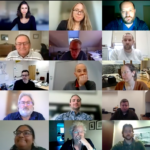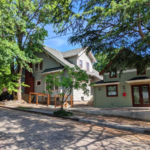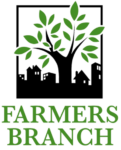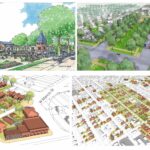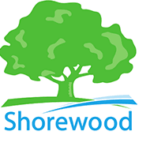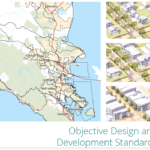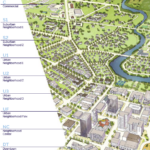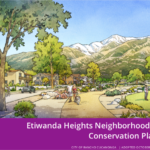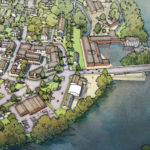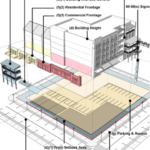2014 Driehaus Award
The Driehaus Form-Based Codes Award is presented annually by FBCI with the generous support of the Richard H. Driehaus Charitable Lead Trust. The selection is rigorous and is made by a Jury of distinguished professionals. The award recognizes excellence in the writing and implementation of form-based codes. Award winners include codes for corridors, neighborhoods, and entire cities. The winning codes provide good examples for communities to study and learn from in their own efforts to write codes. The 2014 jury included Geoffrey Ferrell, Chair, as well as FBCI Board members Joe Kohl and Jason Beske, and guest juror Randall Arendt.
The entries submitted showed a diversity of contexts and approaches and generally were of very high quality. The jurors used four basic criteria, announced in advance, in evaluating the entries:
- Will the code deliver a predictable street character (public space)?
- Is the code implementable and will it be relatively easy to use?
- Does the code have especially relevant and distinguishing features that advance the practice?
- Will the code promote good urbanism (has it resulted in appropriate development activity)?
After careful evaluation of the entries, the jury determined that none of them fully satisfied all four criteria. Even in the best codes, there was a concern relating to a lack of predictable street-space character, a deficiency that can be remedied by code amendments. These otherwise excellent codes had too many options available in certain areas and no mechanism to refine these options into a harmonious combination. This could led to a chaotic assemblage of the streetscape. The Jury suggested that this could be remedied through a more fine-grained regulating plan or other mechanism for unifying the streetscape.
However, the jury did give two honorable mentions for codes that were exemplary in many other respects:
1. Soledad, California, Downtown Specific Plan Update and Form-Based Code: The Jury singled out Soledad for an honorable mention as a model for small-town revitalization because of its clear and effective graphics, brevity and conciseness, and exemplary community visioning process.
2. Cincinnati, Ohio, Citywide Form-Based Code: The Jury singled out Cincinnati for an honorable mention as a pathbreaking application of a City-wide Form Based Code that works in an incremental way as neighborhoods adopt place-specific codes. This approach enables a FBC to “grow” organically over time across an entire city. It also encourages neighborhood-based planning, quality urban infill, and the retrofit and improvement of existing buildings and neighborhood fabric. This process is a new model for cities looking to move to form-based regulations.
We will be inviting entries for the 2015 Driehaus Award competition next spring. Stay tuned.


